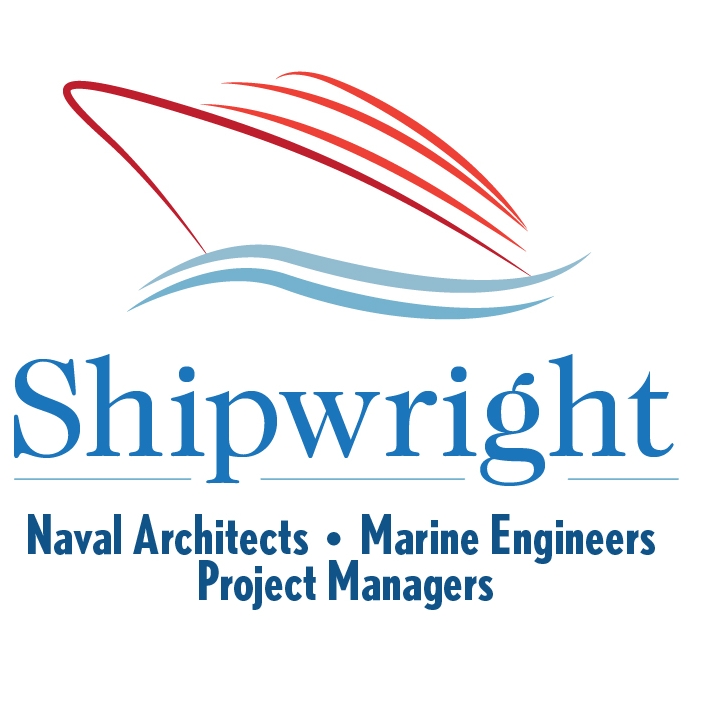Shipwright engineers are adept and practiced at the issues around ECA and can help provide cost-effective, compliant solutions
Annex VI of MARPOL provides for the designation of Emission Control Areas, which are areas where the adoption of special mandatory measures for emissions from ships are required to prevent, reduce and control air pollution from NOx or SOx and particulate matter (PM) and their attendant adverse impacts on human health and the environment.
After January 1 of 2015, all vessels subject to MARPOL operating within the North American ECA, with limited exceptions, are required to use fuel oil with a sulfur limit not exceeding 0.10% (1,000 ppm). In the alternative, vessels may install and use equivalent methods that are approved by its flag State in accordance with MARPOL Annex VI Regulation 4 and 40 C.F.R. § 1043.55, such as an exhaust gas cleaning device.
Effectively ECA regulations related to ECAs provide two options for achieving compliance. This is either the use of exhaust gas scrubbers (allowing the use of HFO) or switching to lower sulfur distillates within the ECA. Vessels opting for lower sulfur fuel when operating in the ECA will be required to meet certain requirements to demonstrate compliance with ECA standards, including:
- Bunker delivery notes on vessels 400 gross tons or more;
- Representative fuel oil samples, taken at the time of delivery;
- Written fuel changeover procedures establishing how and when fuel oil changeover is to be done to comply with ECA requirements; and
- A fuel changeover logbook, which includes the date, time, and position of the ship when the changeover is completed, as well as the volume of compliant fuel oil in each tank.
- Violation of such requirements may result in criminal liability for knowing violations or a civil penalty of up to $25,000 per day of violation, with each day the violation continues constituting a separate offense.
Of concern as well is the documented increase in Loss of Power (LOP) incidents as a result of the fuel changeover process. The systems and procedures for managing this change-over must be well engineered, documented, and practiced for reliable and safe operation.


